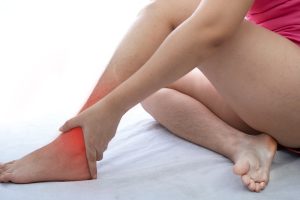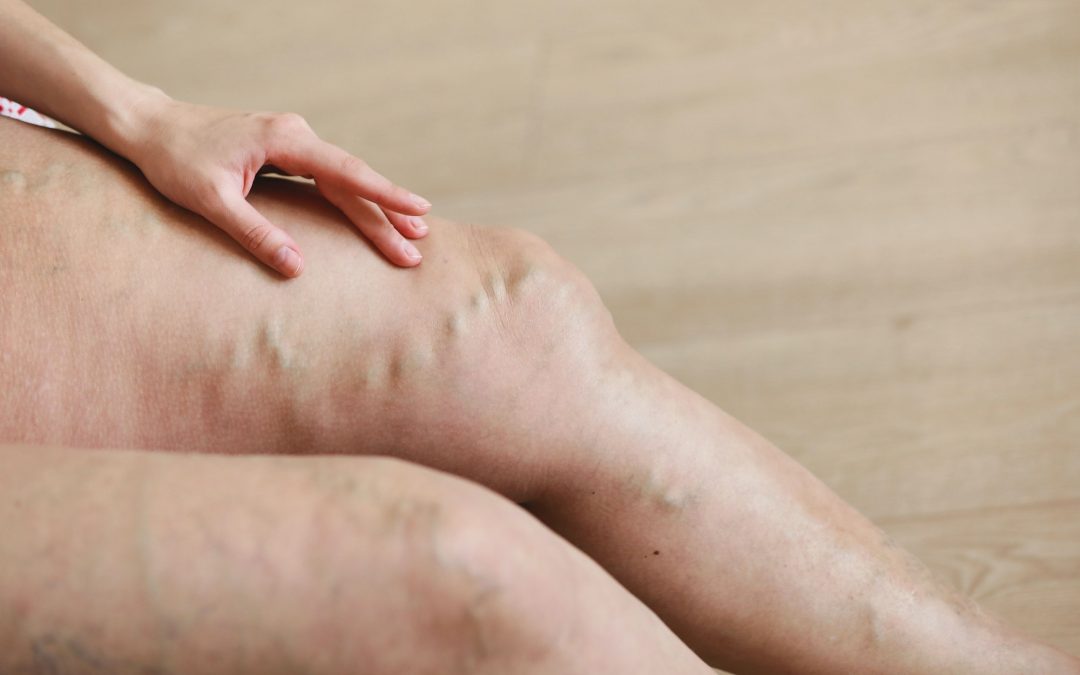The health of your legs is important, but can your legs tell you about your heart health? Find out how they may be warning you about your heart.
While some health conditions can cause problems in your feet or legs, you usually don’t think of heart health when you think of your legs. However, there are certain signs that you should be aware of, as they could potentially save your life. Keep reading to find out how your legs are telling you your heart may be in trouble.
1. Foot and Leg Swelling
 If your feet and lower legs are swelling up, you’re experiencing a condition called edema, and it can happen for various reasons. However, it could also be because your blood isn’t circulating properly, which could be a sign of congestive heart failure (CHF).
If your feet and lower legs are swelling up, you’re experiencing a condition called edema, and it can happen for various reasons. However, it could also be because your blood isn’t circulating properly, which could be a sign of congestive heart failure (CHF).
“CHF is a chronic condition where the heart does not pump blood as well as it should,” says Edo Paz, MD, a board-certified cardiologist with K Health. “One of the classic findings of CHF is swelling of the legs, often associated with other symptoms like shortness of breath.”
According to Jennifer Lewey, MD, MPH, a volunteer expert for the American Heart Association’s Go Red for Women Movement, venous insufficiency may be another cause. “With venous insufficiency, swelling is usually worse at the end of the day and improves with elevating the legs or wearing compression socks,” says Lewey. “It’s important that people with leg swelling are also evaluated for congestive heart failure, which is when the heart muscle becomes weak or stiff and therefore cannot pump blood as effectively.”
2. Leg Cramping
If you’re experiencing painful cramps in your feet, calves, or thighs, it may be a sign of peripheral artery disease (PAD). “PAD is a chronic condition where the blood vessels that carry blood to your organs and limbs become blocked, resulting in decreased blood flow,” says Paz. “One of the classic symptoms of PAD is pain or cramping in the leg muscles with walking that improves with rest. Other PAD symptoms may include sores on the legs, poor hair growth, or changes in skin color.”
3. Lumps
Osler’s nodes are hard, painful lumps that develop in your toes and may be a sign of infectious endocarditis. “Osler’s nodes can appear on the fingers and toes of those with endocarditis,” says Geeta Yadav, MD, a board-certified dermatologist. “They’re often small and painful, with discomfort that’s felt before the bump is visible.” Furthermore, these lumps are “caused by blood vessel inflammation that leads to a bacterial infection, which causes further inflammation.”
The Outlook
 If you experience any of these symptoms, talk to your doctor so they can provide a proper diagnosis. Afterward, they can prescribe an appropriate treatment for your specific condition. In the meantime, there are things you can do on your own to boost your heart health.
If you experience any of these symptoms, talk to your doctor so they can provide a proper diagnosis. Afterward, they can prescribe an appropriate treatment for your specific condition. In the meantime, there are things you can do on your own to boost your heart health.
For example, you can exercise regularly, eat healthily, and take supplements like L-arginine Plus. Its ingredients promote circulation, blood pressure, cholesterol, and more. Give your heart the support it deserves by paying attention to these leg symptoms and taking L-arginine Plus.

